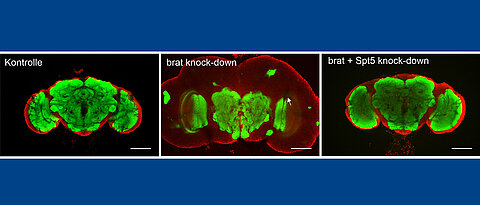
MYC proteins play an important role in many types of cancer. A research team at the University of Würzburg has now succeeded in indirectly influencing these proteins - with clear consequences for the tumor.
more
MYC proteins play an important role in many types of cancer. A research team at the University of Würzburg has now succeeded in indirectly influencing these proteins - with clear consequences for the tumor.
more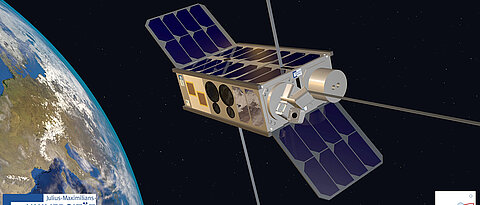
A new Würzburg space mission is on the home straight: The SONATE-2 nanosatellite will test novel artificial intelligence hardware and software technologies in orbit.
more
The penetration of viruses into cells can now be tracked with unprecedented accuracy thanks to Würzburg researchers and their innovative design for pseudoviruses.
more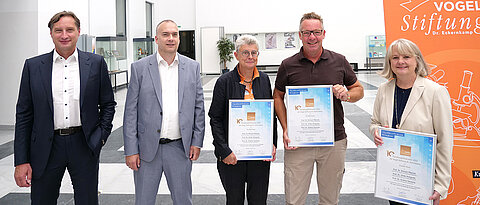
Despite political efforts, the shortage of medicines remains acute. An interdisciplinary project at the University of Würzburg is looking into the issue. Supply chains of vital medicines are currently being analysed in comprehensive tests.
more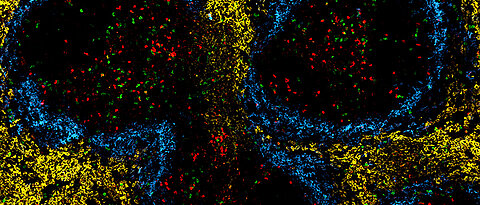
In the immune system's fight against cancer and infections, the T cells often lose their power. The team of Würzburg immunologist Martin Vaeth has found a possible explanation for this phenomenon.
more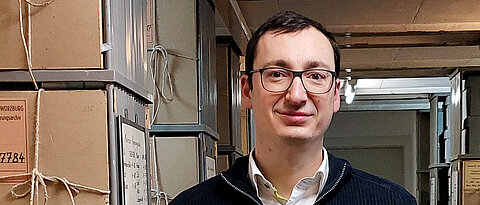
Alumnus Dr Alexander Wolz studied history, ethnology and political science at the University of Würzburg. Today he is head of the State Archives in Würzburg.
more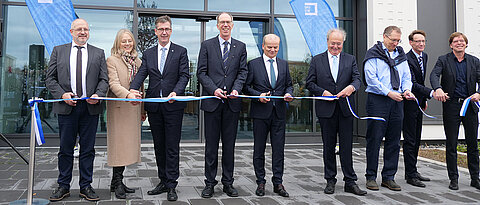
With the Centre for Philology and Digitality, the University of Würzburg is inaugurating a first-class research building. The interdisciplinary nature of the work carried out there is reflected in the architecture.
more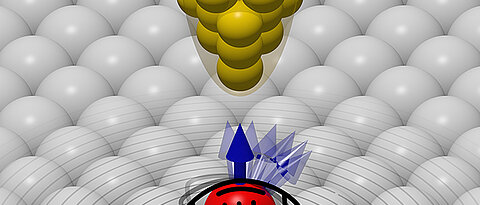
For the first time, experimental physicists from the Würzburg-Dresden Cluster of Excellence ct.qmat have demonstrated a new quantum effect aptly named the “spinaron.”
more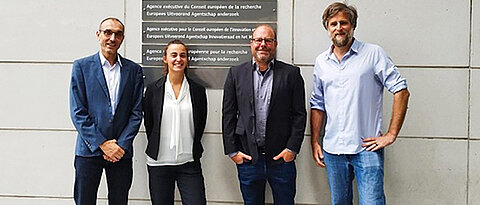
Four distinguished immunologists have been awarded one of the most generously funded research grants from the EU: the ERC Synergy Grant. They aim to explore new avenues for immunotherapy of liver metastases.
more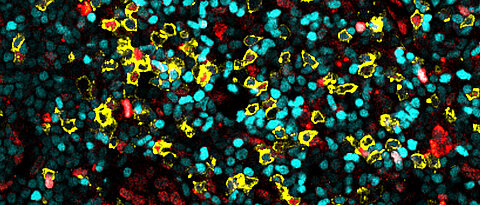
Contrary to prior belief, certain T-cells remain in lymph nodes for a long time and store information about immune reactions there. That’s been discovered by researchers at the University of Würzburg and the RWTH Aachen.
more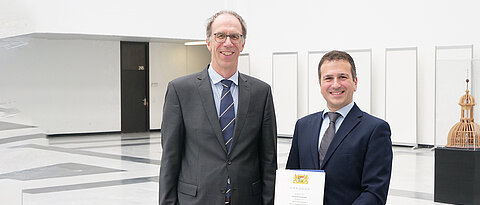
Giorgio Sangiovanni is an expert in the computer-aided calculation of quantum materials. He heads a new chair in physics that is funded by the Bavarian Ministry of Science with 1.5 million euros.
more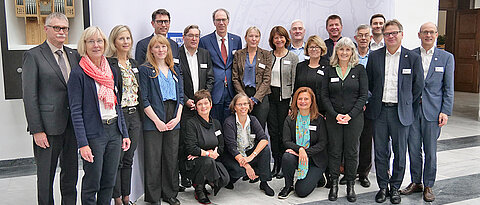
A University of Bergen (Norway) delegation spent two days at the University of Würzburg. Here they explored the potential for cooperation in research and teaching.
more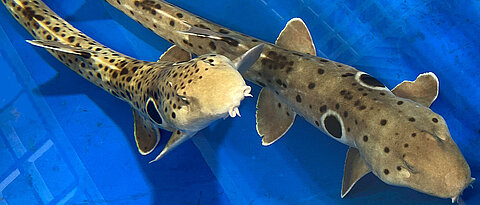
Sharks have existed for millions of years, rarely develop cancer, and react sensitively to ecological changes. An international study led by Würzburg scientists shows that one explanation lies in the fish's genes.
more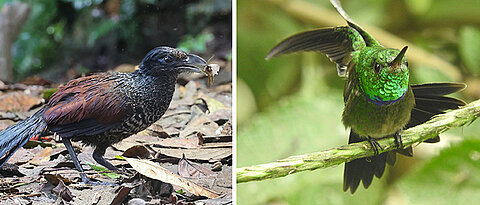
Animal sounds are a very good indicator of biodiversity in tropical reforestation areas. Researchers led by Würzburg Professor Jörg Müller demonstrate this by using sound recordings and AI models.
more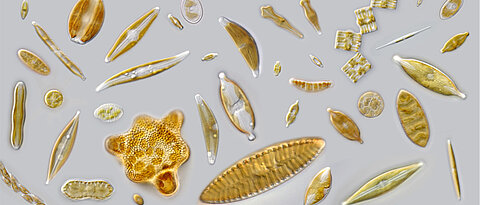
An international research team with participation from Würzburg has discovered how algae compensate for nutrient deficiencies. Their discovery could help counteract the negative effects of climate change.
more